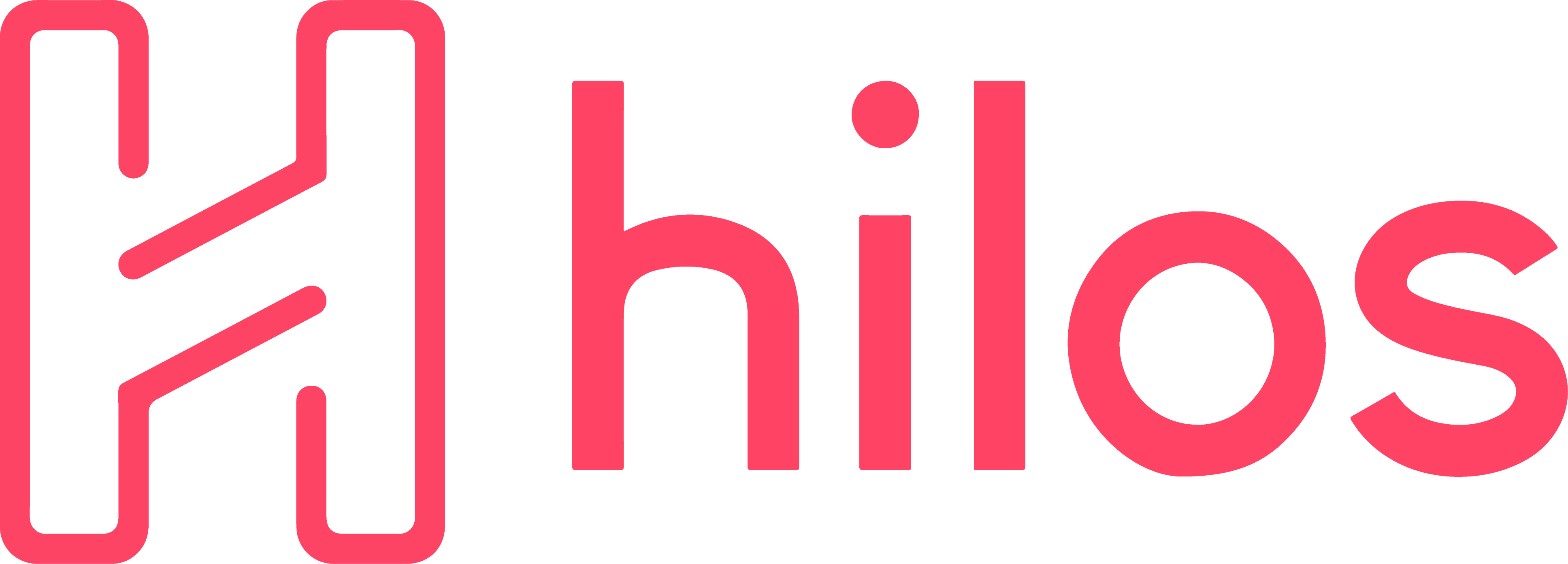WhatsApp Guides
Whatsapp Business vs Whatsapp API
WhatsApp has become one of the most popular messaging platforms in the world, transitioning from end-to-end user communications to enabling businesses to connect and interact with their customers. In recent years, WhatsApp has launched two separate business-oriented services: WhatsApp Business App and WhatsApp Business API. While both services are designed for businesses to communicate with customers, they have different features, use cases, and requirements.

